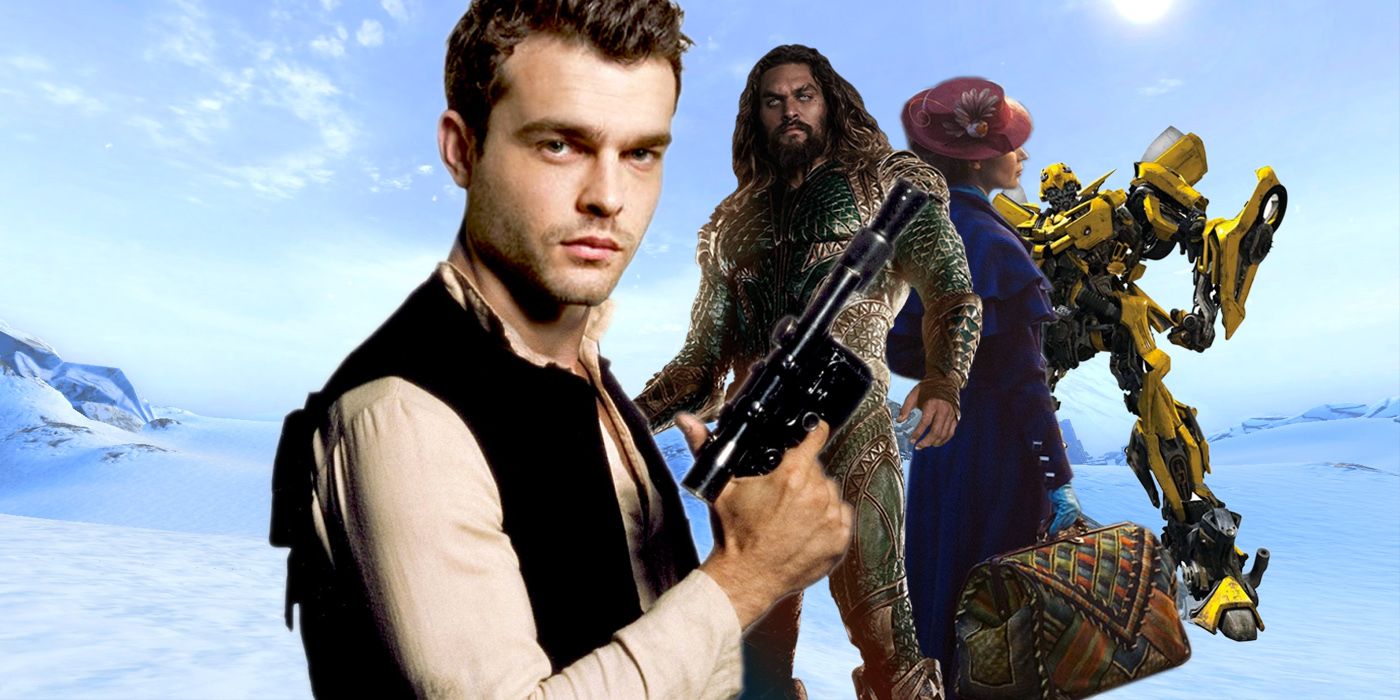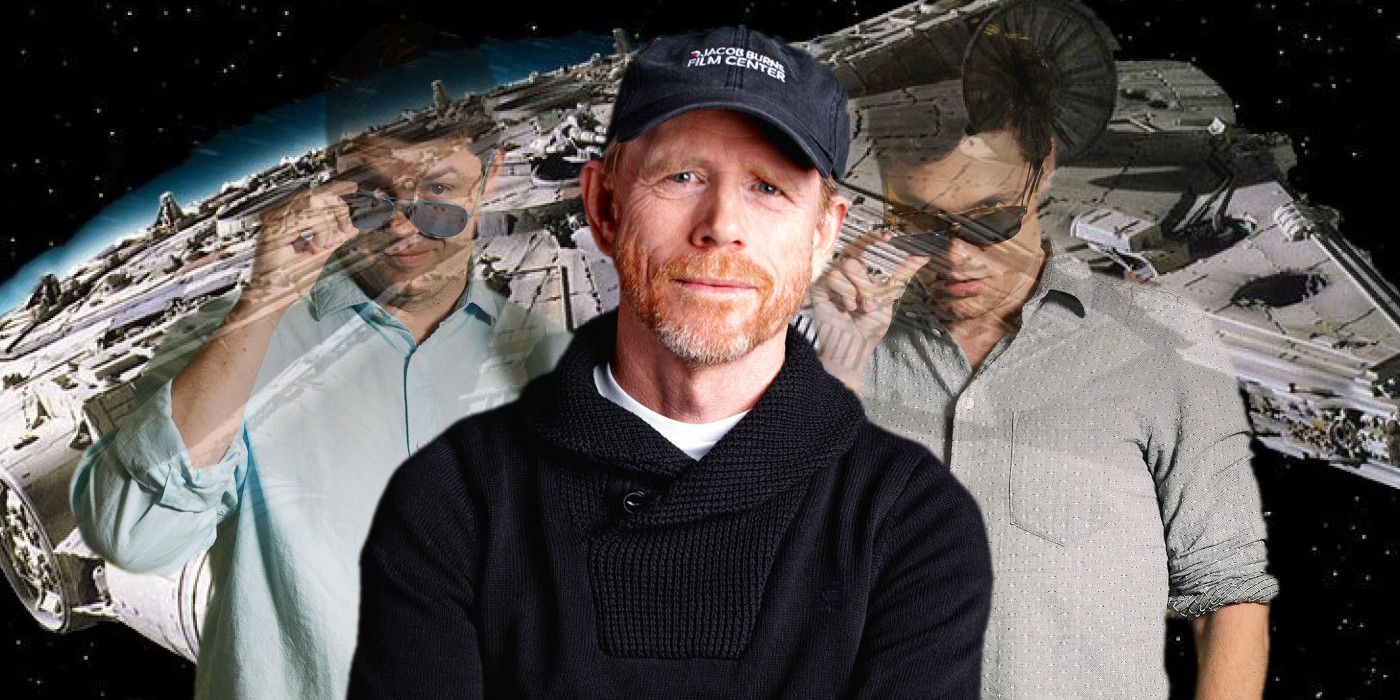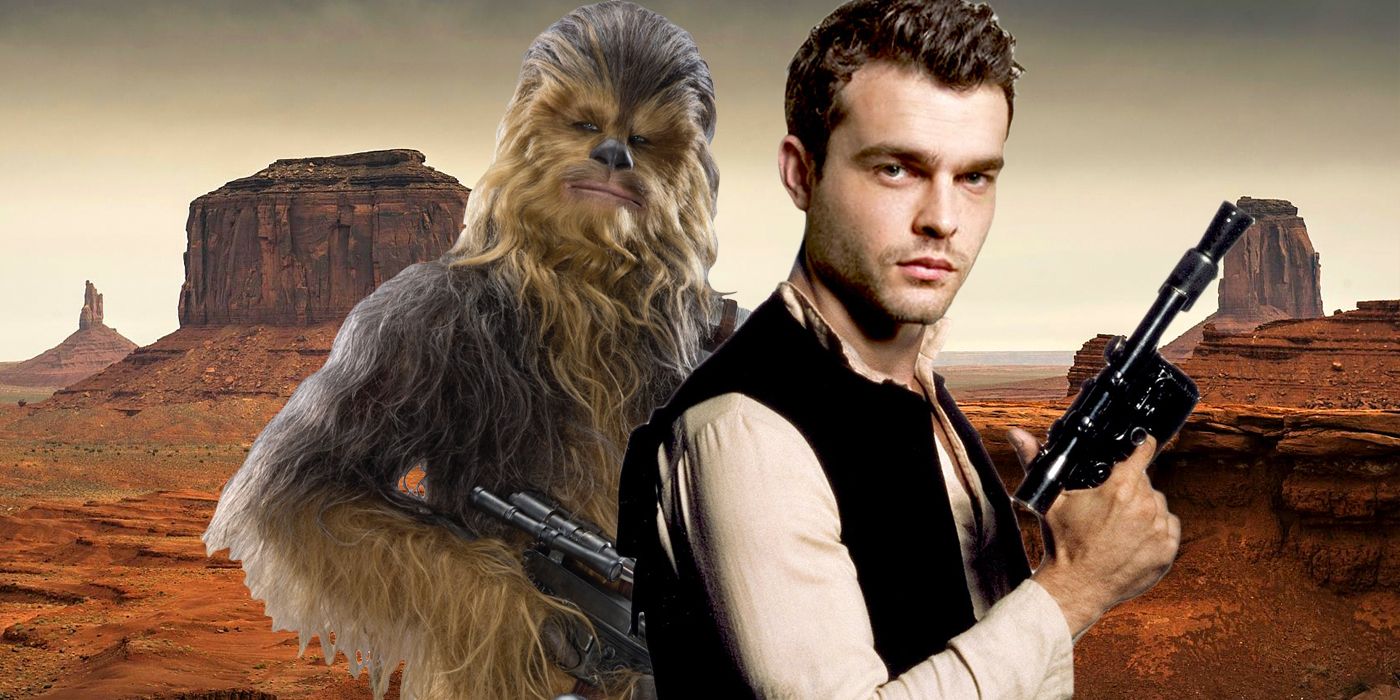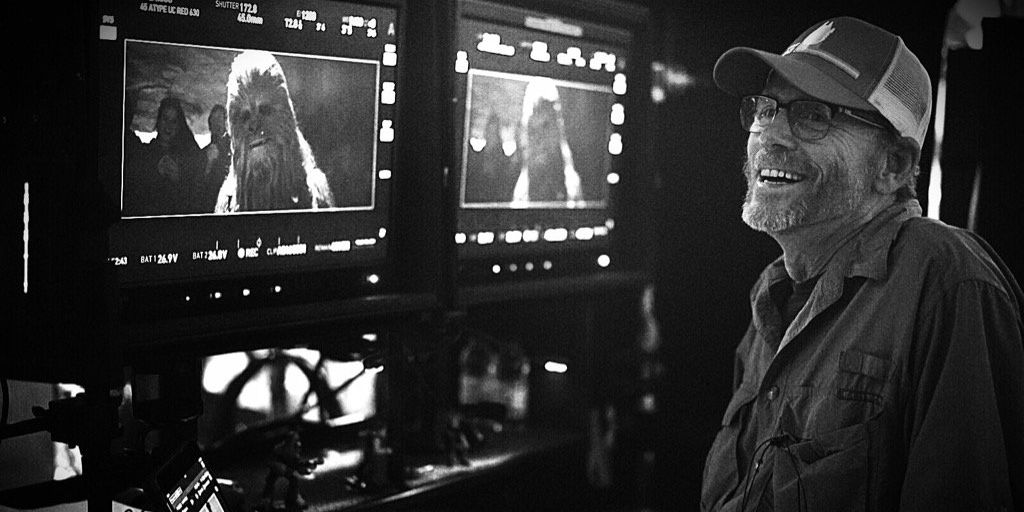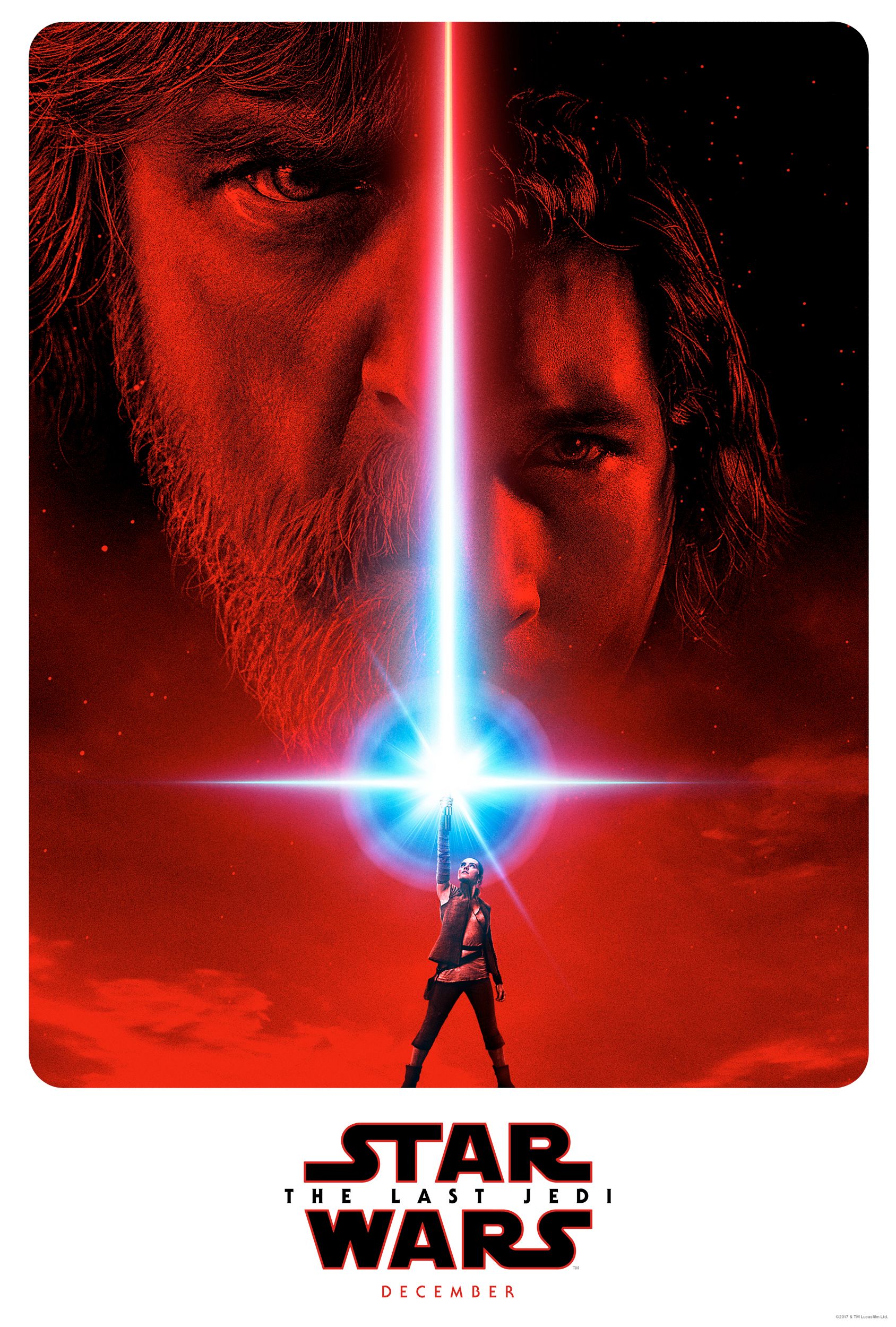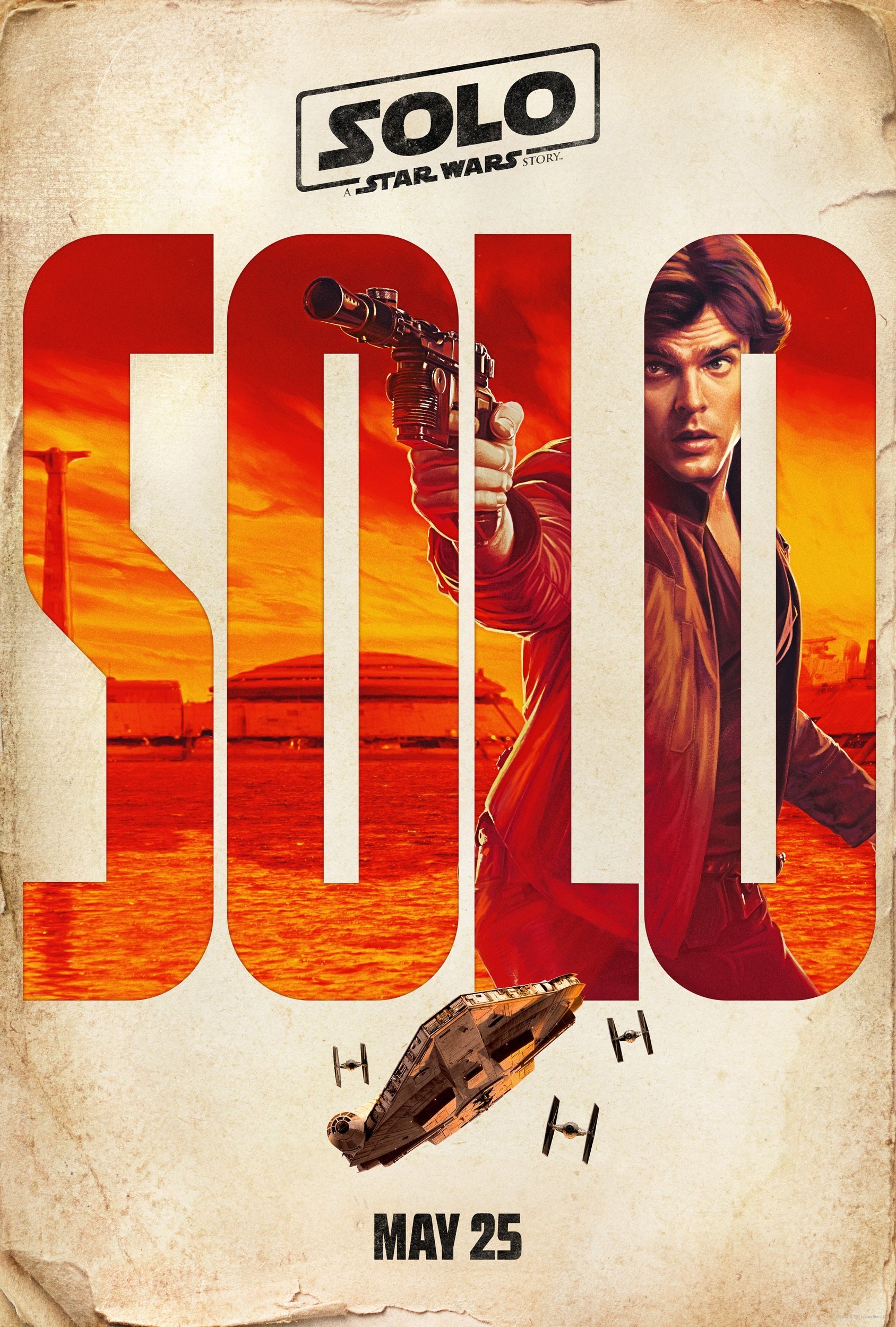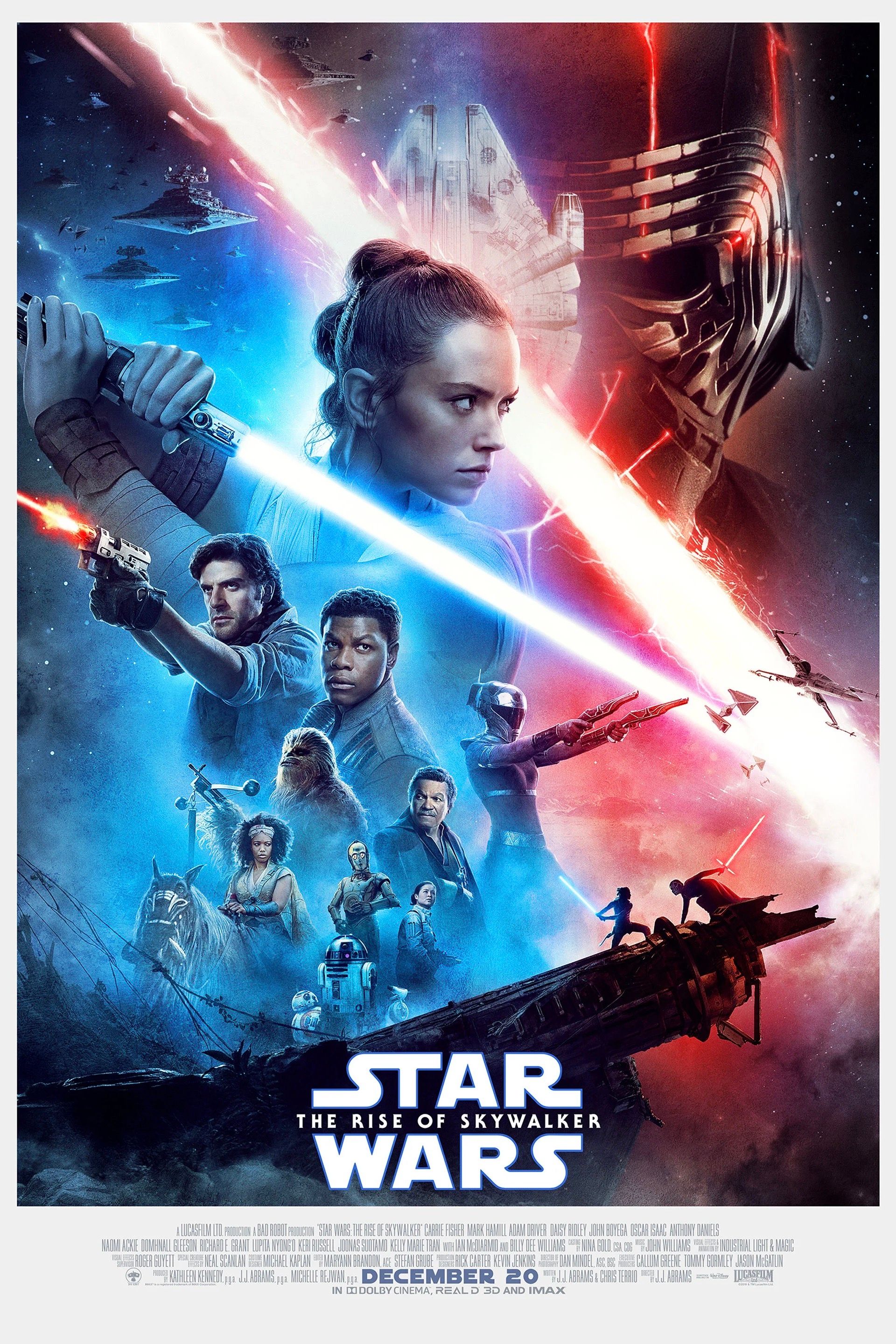Star Wars is taking back December. Episode IX has not only gained a new director in the form of J.J. Abrams, but its release date has moved from May to December 2019. The Christmas window has proved indispensable to the franchise since Disney resurrected it in 2015 - it's taken future-shouldering reboot The Force Awakens and unprecedented spinoff Rogue One to a shared $3 billion worldwide - so it seemed strange that, after The Last Jedi later this year, the series looked to be reverting to a highly competitive May slot. Now, though, it's back as a holiday staple - no matter the competition (as it stands Episode IX is set to take on Wonder Woman 2).
But what about Han Solo?
The second Star Wars Story has always been set for May 2018, which back when Lord and Miller were signed in 2015 seemed an easily achievable target. Not so less than a year out. The directors were fired from the project mere weeks before principal photography was set to end and replaced with Ron Howard who has been filming pretty much constantly since July. That's a lot of hyperspace turbulence, much more dangerous and near release than Episode IX's shakeup. So, naturally, many assumed that - like The Force Awakens and The Last Jedi before it - the announced May date would be changed to December. However, now we're only eight months out (seriously) and the film after has moved, that seems unlikely.
Related: Han Solo: The DGA Rule That Explains Lord and Miller's Firing
But it's not too late. Lucasfilm should change Han Solo's release to December 2018 at the next possible opportunity (perhaps to announce the impending end of filming with a first look at Alden Ehrenreich in full costume). Because it could go really bad otherwise.
Why Exactly Is Han Solo Still In May?
Let's get this aggravating misconception out of the way first: this has nothing to do with May 4th. That pun-based marketing opportunity is barely a blip on the scale compared to organized events like Star Wars Celebration let alone actual releases. The real reason May has been Lucasfilm's default thus far is tradition; it's the month when all of the first six films were released. In fact, the original trilogy releasing in May actually changed the industry. Now, though, it's highly competitive with new movies every week that make cracking through tricky.
The main defense of keeping Solo where it is is that 2018's release schedule otherwise is already jam-packed. There are very few release weeks without competition across the whole year, and that's especially true of December: the animated Spider-Man film and Mortal Engines are set for the 14th, Aquaman and Bumblebee the 21st and Mary Poppins Returns due on Christmas Day. The 14th would be the typical Star Wars slot and certainly has the least strong (and thus most likely to move) films, but that's a lot of potential box office combat for what is the most questionable of Disney-era Lucasfilm's output. Summer has similar heavy hitter problems with Deadpool 2 just a week after, but it's in a busier movie-going season with greater footfall - and slots in the bigger picture.
Back when Wonder Woman 2 first locked up the December 2019 date (something we'd wager it'll move from now Abrams is bearing down), we speculated that the shift to May releases could be all part of a larger Disney and Lucasfilm plan. For the Mouse House, it fits better with the set weekends for Marvel, Pixar and their own productions (including the likes of Poppins). For Lucasfilm, it meant that the holiday merchandise push would happen after the movie had come out (it's likely due to the release being so close to December 25th that in 2016 Rogue One sold fewer toys than The Force Awakens of a year earlier).
But there may a different, more pithy reason: stubbornness. Han Solo is blighted with controversy. It's a movie that fans weren't too keen on in the first place, and now Lord and Miller have gone has lost one of its biggest endorsements and appears fundamentally conflicted. It's a mess, but one that Lucasfilm is trying hard to correct; their outward face has been incredibly smiley and Ron Howard is a demon with teasing set photos on Twitter. As such, while moving the date on previous films was a show of strength (even though in Episode IX's case it was a result of a later production), here it could be taken as a sign the director shake-up has led to a delay and the "business as usual" narrative they're pushing is wrong.
That's fair from a brand standpoint but is incredibly ill-focused. PR and otherwise, for Solo, December offers so much more.
Why A Move To December Can Work
When you get down to gold dice, most of the reasons for staying in May don't hold up. The whole argument about Disney's plan and Star Wars owning late-May loses its luster with Star Wars 9 now moving, and Rogue One underselling may just be a lack of marketable characters compared to the sequel trilogy. Thus it feels like stubbornness alone is keeping Solo where it is - and that misses a lot of advantages.
There is still the competition worry, but Star Wars is bigger than those films. Indeed, Solo would easily muscle out Spidey and Peter Jackson's YA adaptation, and one of the DCEU or Transformers films will probably shift anyway. And it's within Disney's control themselves to move Mary Poppins. Yes, it's a sequel to a classic so a Christmas Day release is optimal - it gives that extra layer of childhood tradition - but, frankly, its success is tied into bigger concerns (namely, if it can effectively evoke the original). Besides, they could probably keep it where it is without much worry; the audience overlap isn't going to be inherently damaging and there is a good ten-day buffer between films. It doesn't fit with the image of Disney as a grand overseer, but it's not the biggest sacrifice.
Related: What Aquaman's Delay Means For Star Wars
After all, Disney is a company that understands branding - every move they make recently has been about synergizing - and so cannot have missed that December has become "Star Wars month". A new trip to a galaxy far, far away is synonymous with the holiday season. On top of the many advantages to the window itself, that creates a tradition and sense of loyalty. Not having Han Solo there, but instead five months after The Last Jedi (seriously, it's really close) not only means the standalone doesn't get the associated boon but that when we come round to Star Wars 9 the chain has already been broken.
A December Move Shows That Lucasfilm Still Cares
However, it all really comes down to production and perception. As we've already repeated, the film is out in eight months (so close) yet is still to finish its principal photography-turned-reshoots. That's tight and while Howard is certainly an experienced filmmaker able to turn in big projects on restrictive schedules, Solo isn't any old movie. It's a Star Wars film and a rather indicative one of the franchise's future at that; if this fails, the Story enterprise takes a massive knock. He can't deliver a pot-boiling piece of loose fan service like with the Dan Brown books, so a lengthy post-production period would be beneficial; better to turn a movie in early than rush it at the last minute. The illusion of everything being well is nothing if the movie turns up a dud.
-
To not move it and keep in Summer may well be motivated by wanting to maintain a straight face, but when you consider everything else you can get the feeling that Lucasfilm has given up on Han Solo. It's a movie they have to finish for so many reasons - not least the majority of its $100+ million budget will have already been spent - but one they're making it look like they're doing so begrudgingly and as quickly as possible; contrast its treatment to what's happening with Episode IX, allowed room for rewrites and delayed production.
Moving to December, above all, shows that it has respect and they want to do it right.

